Nigerian heritage digitisation program closing event
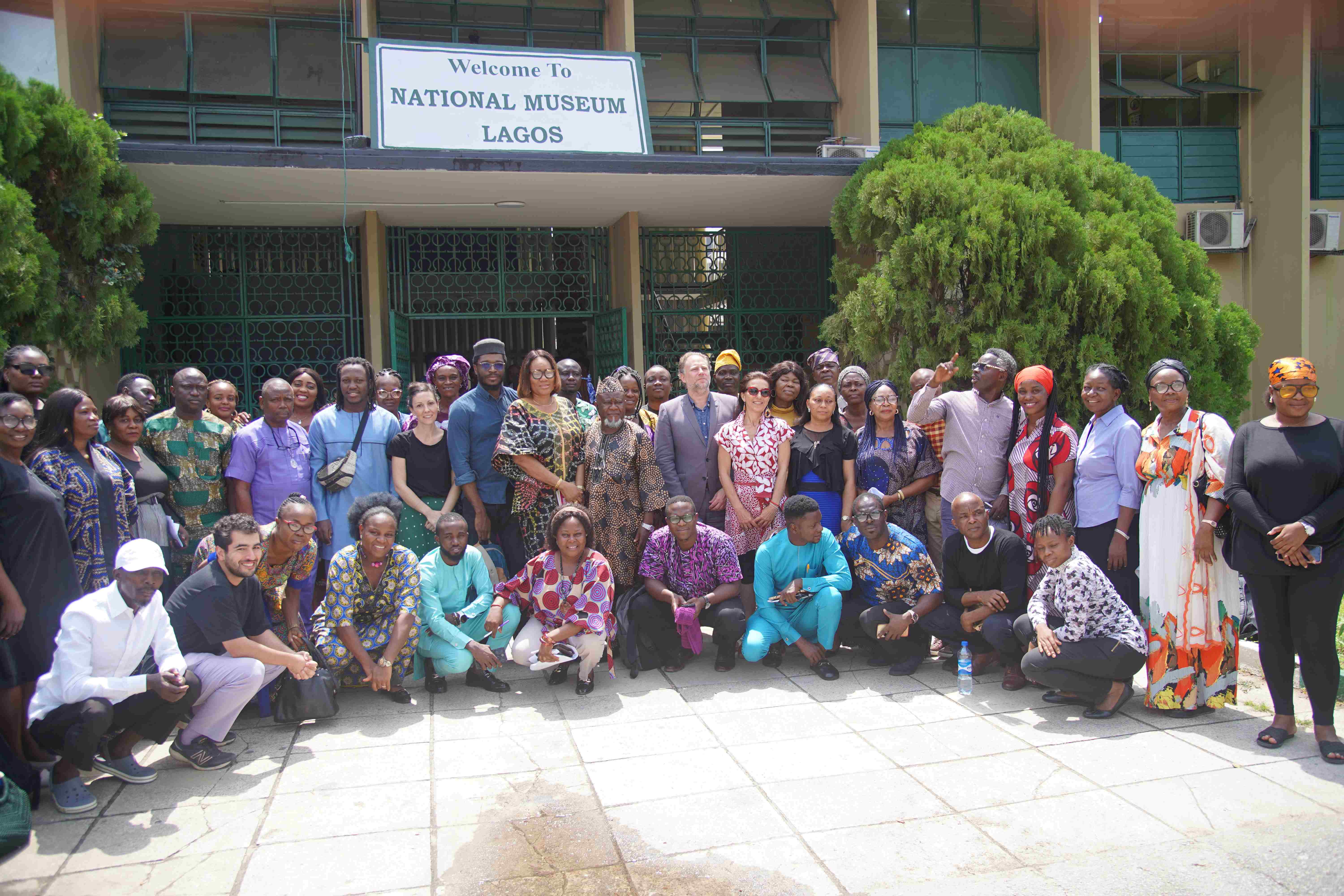
The objective of this project was to put digital technologies, as well as French and Nigerian expertise, at the service of the protection, enhancement, and dissemination of Nigerian heritage processes to different local and global communities. In practice, it is a response to the growing challenges in the world of research of Nigerian cultural and heritage studies with the objective to improve the protection, conservation, dissemination, and training about heritage and develop sustainable capacity in this area.
The Solidarity Fund for Innovative Projects (FSPI) was a program run by the French Ministry of Europe and Foreign Affairs designed to help French institutions abroad carry out research-action activities in the country where they work, in close collaboration with local stakeholders.
In this FSPI project, IFRA-Nigeria worked with Nigerian partners to
1) Select processes of Nigerian cultural heritage and their conservation,
2) make these heritages more accessible to a wider audience with the help of digital tools,
3) provide training opportunities for a new generation of Nigerian researchers,
This event gave an opportunity for every stakeholder that participated in the program to present their results and experiences from the last two years. Below, you will find short descriptions of the five different components that constituted this two-year program as well as links directing you to the online repositories they have created.
Component 1 - Protecting political activists’ archives to write another history of Nigeria
Since October 2022, the Centre for Democracy and Development (CDD) has spearheaded the implementation of a grant awarded to support the organization, digitization and dissemination of archives belonging to Nigerian Socialist and pro-democracy activists ’individuals and organizations.
To achieve the above, the Centre for Democracy and Development (CDD) Abuja engaged in training of participants on the process of digitizing and creation of digital archives for building capacity for eventual execution of the project.
Digital Archives created
- Digital Library CDD Abuja https://archivesofnigerianleft.ng/
- Digital Library SOLAR (Calabar) https://socialistlibraryandarchives.org/
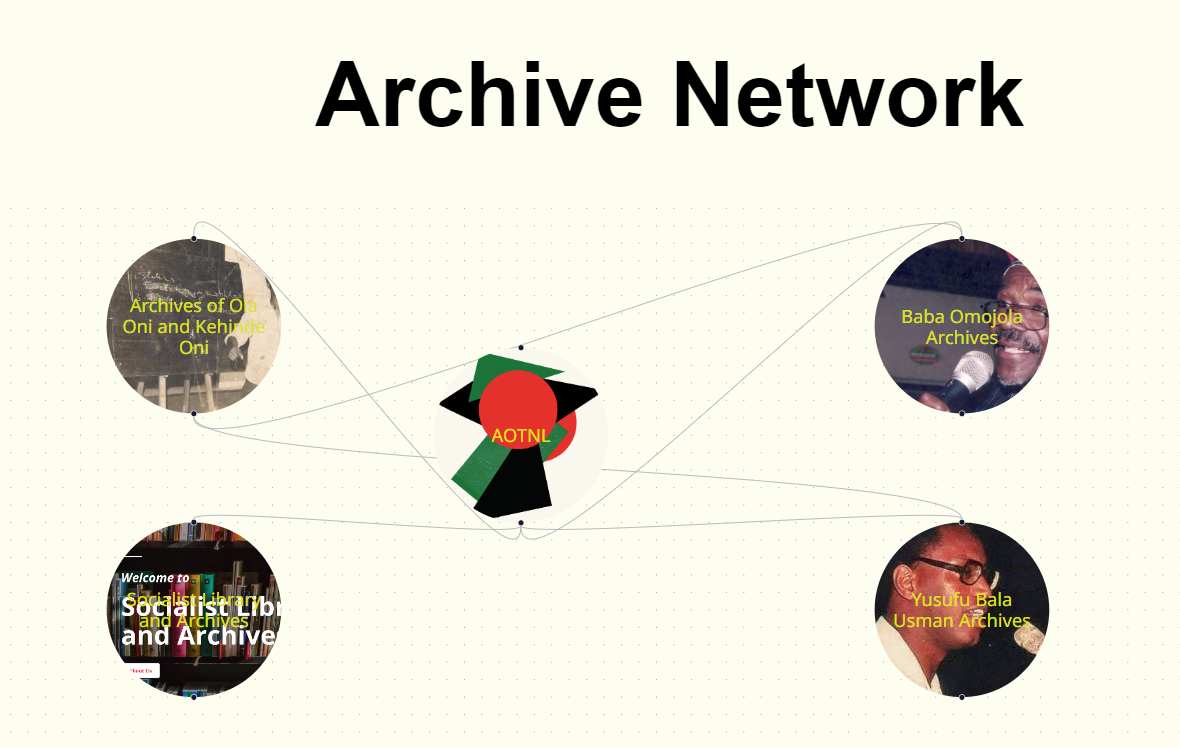
Component 2 - Digitising and promoting the documentary collections of the National Museum of Lagos
To preserve its documentary collections, IFRA-Nigeria partnered with the National Museum of Lagos. These collections are of different types ranging from Kenneth C. Murray’s archaeological files to ethnographic reports, photographs, maps, colonial assessments and intelligence reports of districts in Nigeria and many more.
To promote the digitized archives of the National Museum Lagos, four artists (Anthony Obayomi, Ifunanya Madufor, Okwei Odili, Lionel Attere) using different mediums were commissioned to create artistic work using the digitized archives of the National Museum Lagos. Below, a picture of the exhibition they organised following their works.
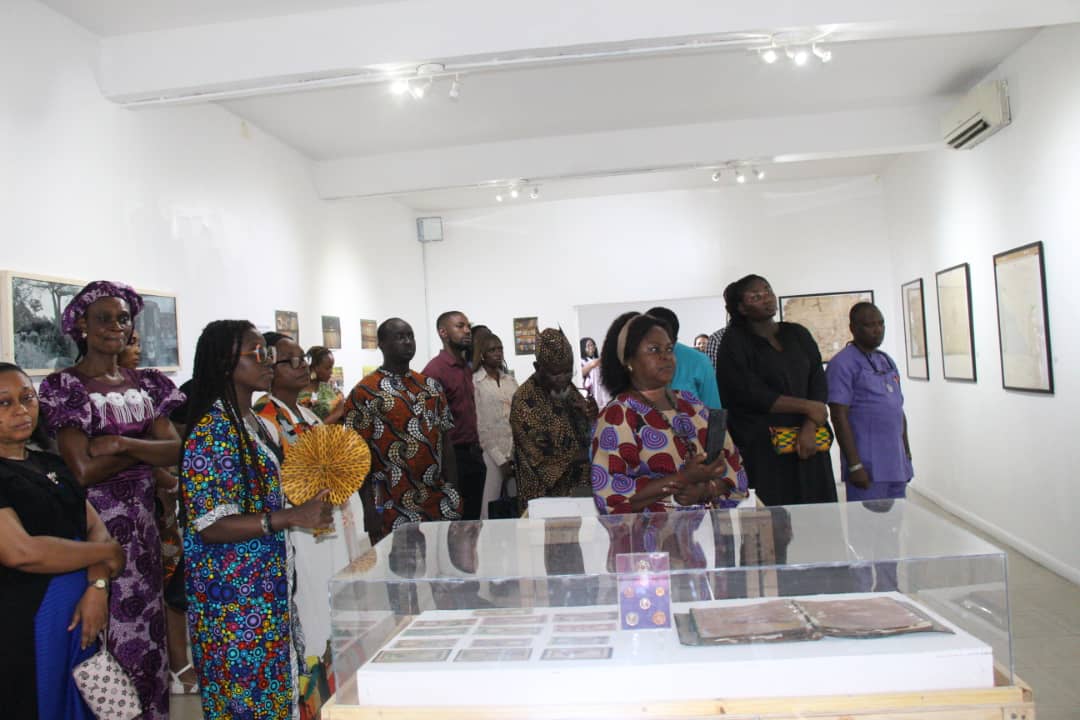
A website which will serve as an online repository for all the digitized materials will be made available shortly.
Component 3 - Creating a digital archive of the intangible heritage of Benin (Nigeria)
This component aimed at creating a digital archive of heritages of Benin. For the first part of the project, we partnered with The Institute for Benin Studies based in Benin City to digitize the intangible heritage of Benin (dance, songs, rites etc) are to be presented on a dedicated website for global access.
The project extended to digitize and promote the conservation of tangible heritage like the Benin Moat in partnership with the Museum of West African Art (MOWAA). Numerous trainings took place in the past two years. A website which will serve as an online repository for all the digitized materials will be made available shortly
Component 4 - Promoting the religious architectural heritage of Ibadan
This project aimed at preserving and showcasing the rich history and diverse aesthetics of religious buildings in Ibadan, the capital of Oyo State.
The project compiled a comprehensive list of historic and architecturally remarkable religious buildings in Ibadan and documented these structures to preserve their valuable historic, architectural and aesthetic memory. Interactive online maps have been developed to allow users to explore and learn about Ibadan’s religious heritage. Users can locate historic religious buildings and delve into their histories and evolution. Also, Nigerian researchers in architecture, anthropology, and religious studies were trained to use digital tools and techniques like the photogrammetry and geospatial technology.
Finally, by showcasing Ibadan’s religious heritage, the project aimed to raise awareness about its significance. This effort aligns with collaboration between the Oyo State Government and the French Embassy in Nigeria, particularly in promoting tourism within the state. The project is a valuable initiative that bridges academia, industry, and cultural preservation, contributing to the appreciation and understanding of Ibadan’s unique religious architectural legacy.
Collaborative Efforts: IFRA-Nigeria assembled a multidisciplinary team comprising academics, professionals and experts passionate about this endeavor. Staff and students from the University of Ibadan, Obafemi Awolowo University and other critical stakeholders, played a pivotal role in this collective effort.
In the last two years, 424 religious sites were digitized, out of these sites 137 were Christian site, 142 Muslim sites and 127 traditional sites. Through this project, a documentary on Ibadan’s Egungun festival was realized (it will shortly be available online)
A map of the aforementioned religious sites, associated with pictures and documents for each site is available here.
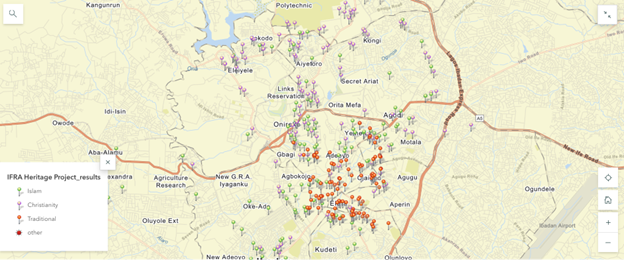
Component 5 - Protecting the urban archaeological heritage of Ile-Ife
The Ife-Sungbo Archaeological project gives new perspectives on the urbanization history chronology as well as the socio-political dynamics of West-African tropical forest societies. The Ife–Sungbo Archaeological Project aims to study domestic life, vernacular architecture and spatial organization in the humid forests of the Gulf of Guinea. Often forgotten in mainstream African historiography, the Guinean tropical forests witnessed the rise and decline of major demographic and civilizational centres, long before the opening of the Atlantic trade in the late 15th century CE.
Alongside this project, this component allowed for the creation of a digital map of aspects of the urban archaeological heritage of Ile-Ife (Potsherd Pavement, cultural sites and archaeological sites) that is accessible online following this link.


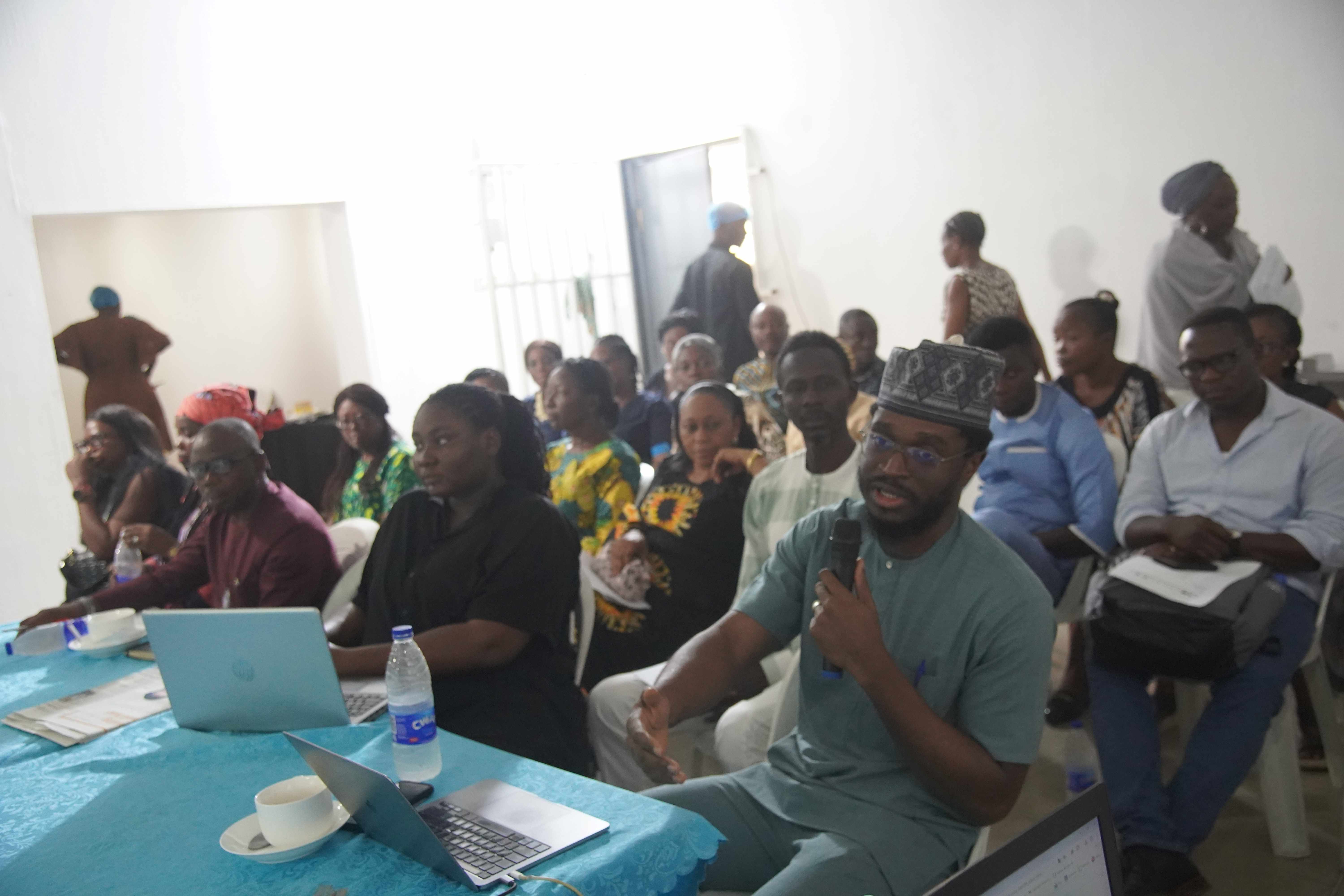
Social Media
Mailing List